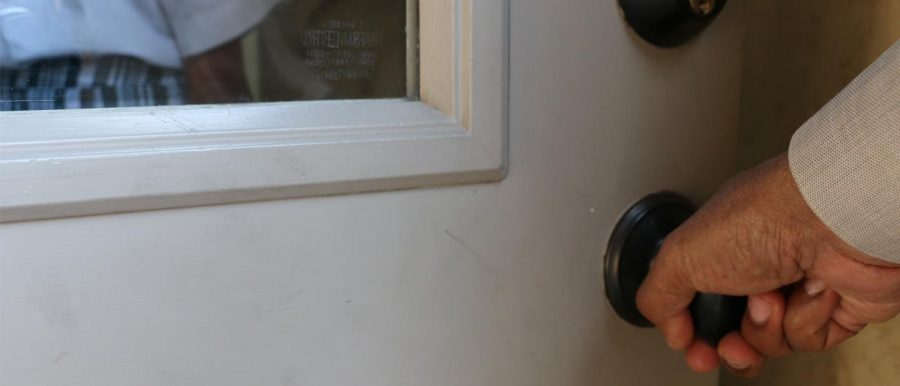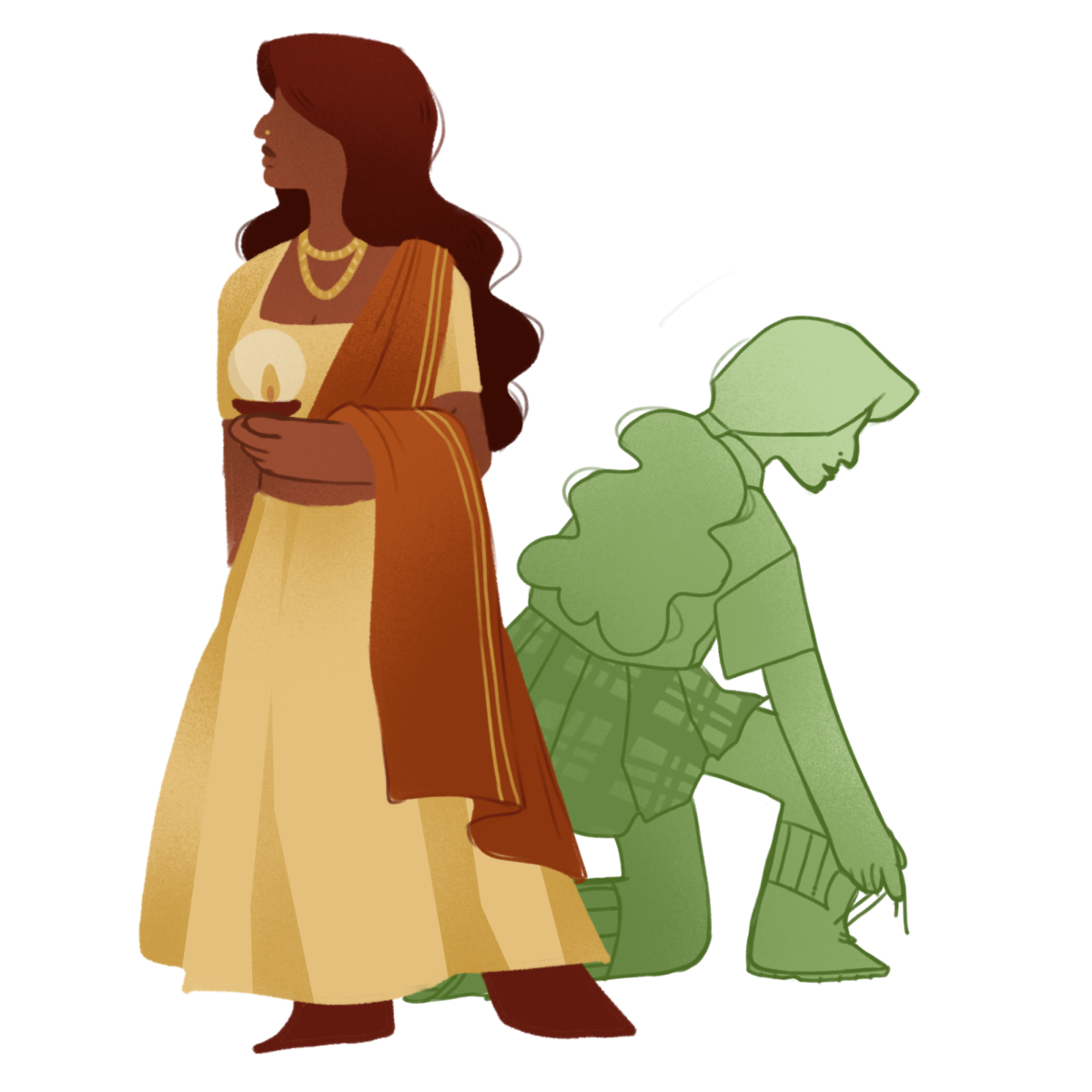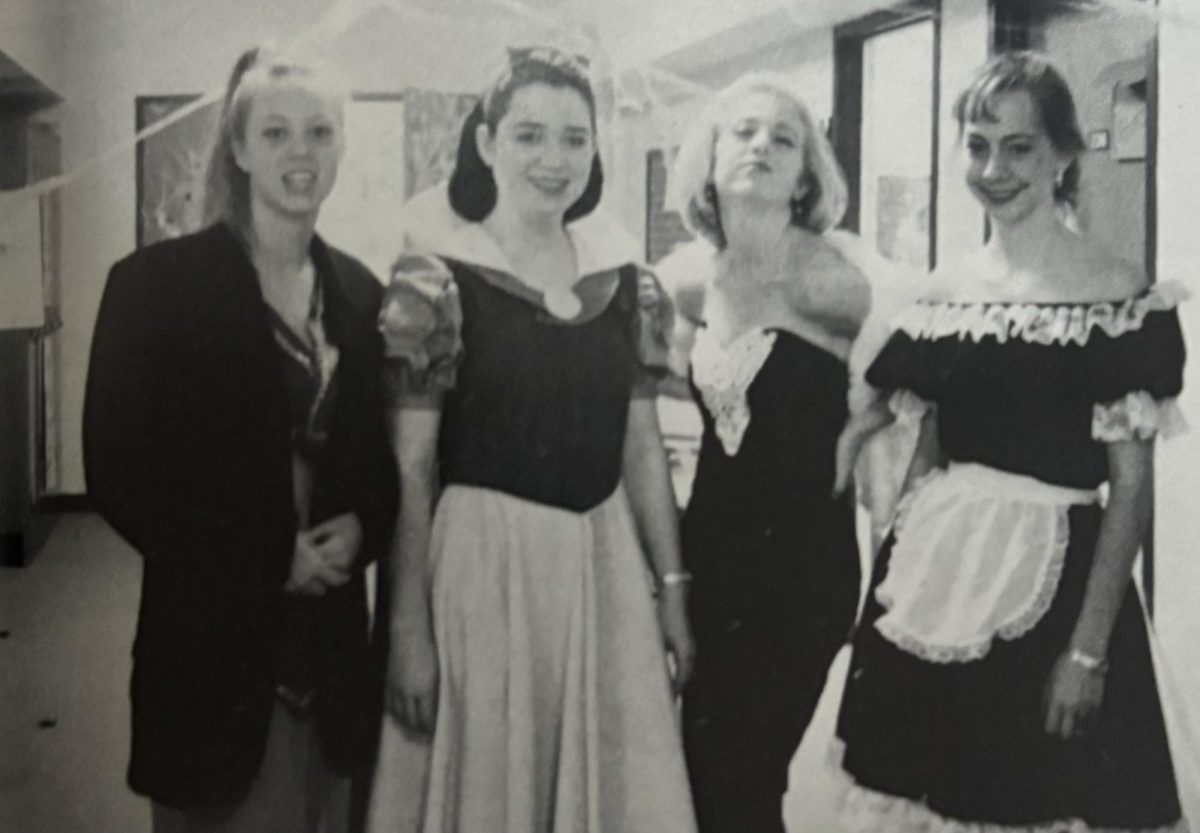Staff Writer Eshani Kishore investigates the root of common male behaviors that are equated with courtesy towards women.
On a sunny Saturday morning at Gooch Elementary in Dallas, I quickly stride out of the cafeteria and accidentally trip over my feet. STAAR prep books fly out of my hands and onto the ground as my knees buckle and I land on the white tile ground. I feel the heat rising into my cheeks, but luckily, a boy comes to my aid, scoops up everything I have dropped and hands the books back to me. At the time, I remember thinking, what a gentleman. But looking back to this event, I wonder to myself: were his actions motivated by true courtesy or simply benevolent sexism?
According to a study done by Northeastern University, benevolent sexism describes the root of behaviors that are seemingly friendly and polite but actually mask patronizing or chauvinistic views toward women.
Though this boy may not have exemplified benevolent sexism in this scenario, it’s often hard to draw the line between courtesy and benevolent sexism. Some male behaviors that women may associate with respect and courtesy, such as when a man calls out, “Sorry for the ladies in the room,” after speaking profanity, are often seen as harmless. But these behaviors are sexist too; they’re just harder to spot than the openly hostile and sexist remarks that many women see as examples of misogyny.
Benevolently sexist comments and actions are so commonplace that it’s easy to dismiss them or take them for their face value, but it’s time for women to recognize them for what they really are: the reasons that gender inequality still exists today.
I’m not saying that the next time a guy opens a door for you, you should yell, “You’re being benevolently sexist and perpetuating gender inequality!” at him. Because you shouldn’t.
But the more that women become aware of this type of sexism, the more that it can be prevented. If women are educated about how sexism can manifest itself in a warm and friendly way, there is a higher chance that they will take active measures to change men’s perception of women as weak creatures in need of protection.
So if I could rewind back to that Saturday morning at Gooch, I would have probably swallowed my embarrassment and picked up my books by myself instead of letting a boy hand them to me. Though it may not have necessarily been straight-out sexism, I’m a strong, independent woman who don’t need no man – or at least a man to benevolently patronize me.
Commentaries are the expressed opinion of the author and do not necessarily reflect that of The Fourcast staff, its adviser or any member of the Hockaday community.












Anonymous
Nov 16, 2015 at 2:58 pm
You’re either unintentionally or – even worse – intentionally disregarding one main counterpoint to your “argument.” What if that St. Mark’s boy helped you pick up the books not because you’re a girl but because you’re a human being? Are you assuming that if a second boy had dropped his books, the St. Mark’s student wouldn’t have helped him, too? What if the St. Mark’s boy was just being nice to a person and not patronizing to a girl. It seems to me like you’re making assumptions about a person’s motivations based on his sex alone. We actually have a word for that.
It’s sexism.
Anonymous
Nov 17, 2015 at 5:41 pm
To that person who is dwelling on the author’s anecdote of the St. Mark’s boy who helped her out– you’re missing the point of the article. Benevolent sexism DOES exist, and the author is just utilizing that anecdote to depict how certain actions are due to this ingrained idea. Perhaps the St. Mark’s boy did help her out of the goodness of his heart; however, there is no way of knowing his true intentions. This is what the author discusses: the messy line between pure courtesy and benevolent sexism. Hopefully that St. Mark’s guy would have helped anyone–regardless of sex–had they been in a similar situation.